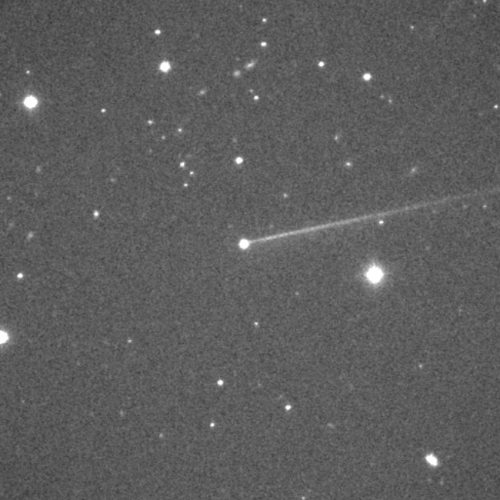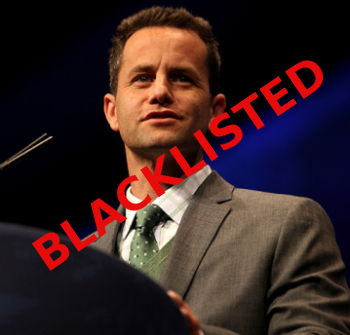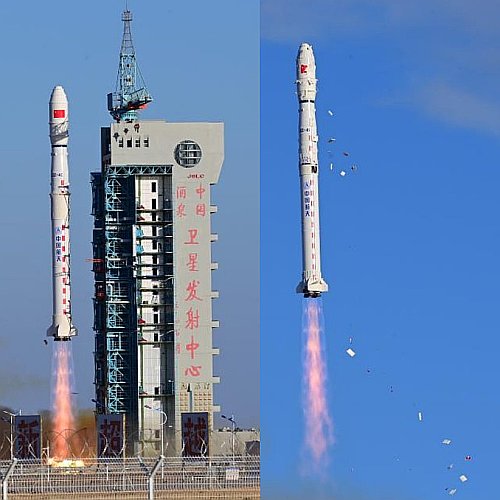Today’s blacklisted American: Law firm fires lawyer of 44 years for expressing the wrong opinion

They’re coming for you next: The law firm Hogan Lovells recently fired a partner lawyer with 44 years of experience, Robin Keller, simply because she dared at a company meeting to express some rational reasons why Roe v Wade should have been overturned.
As Keller wrote, “I was invited to participate in what was billed as a ‘safe space’ for women at the firm to discuss the decision. It might have been a safe space for some, but it wasn’t safe for me.”
She recounts how “Three weeks later I received a letter stating that the firm had concluded that my reference to comments labeling black abortion rates genocide was a violation of the antiharassment policy.”
Apparently, “a participant complained that she could not breathe and others called her a racist.” These crybabies then demanded she be fired, and the company quickly acquiesced.
The company’s blackballing of Keller should surprise no one. A quick review of Hogan Lovells’ website shows us that this is a very politically correct leftist law firm. On its Diversity, Equity & Inclusion website, the company proudly tells us that:
» Read more

They’re coming for you next: The law firm Hogan Lovells recently fired a partner lawyer with 44 years of experience, Robin Keller, simply because she dared at a company meeting to express some rational reasons why Roe v Wade should have been overturned.
As Keller wrote, “I was invited to participate in what was billed as a ‘safe space’ for women at the firm to discuss the decision. It might have been a safe space for some, but it wasn’t safe for me.”
She recounts how “Three weeks later I received a letter stating that the firm had concluded that my reference to comments labeling black abortion rates genocide was a violation of the antiharassment policy.”
Apparently, “a participant complained that she could not breathe and others called her a racist.” These crybabies then demanded she be fired, and the company quickly acquiesced.
The company’s blackballing of Keller should surprise no one. A quick review of Hogan Lovells’ website shows us that this is a very politically correct leftist law firm. On its Diversity, Equity & Inclusion website, the company proudly tells us that:
» Read more









